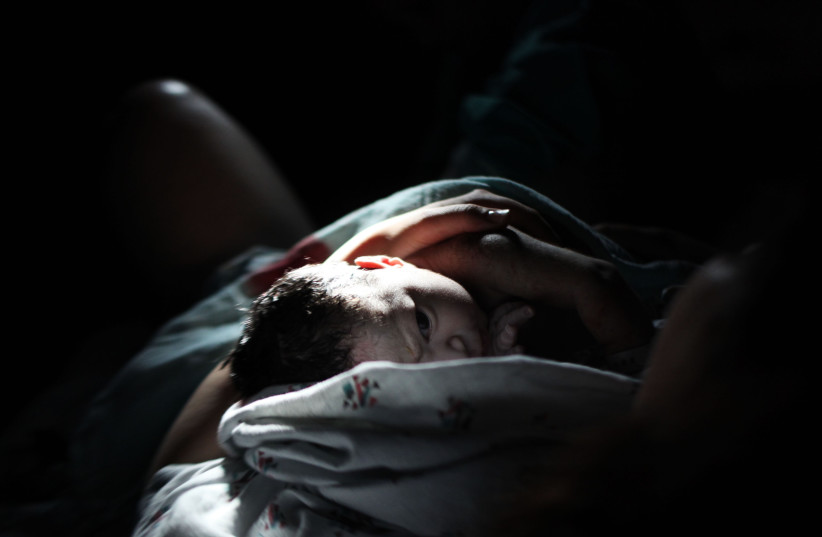The study draws on decades of research in child development and twin studies to assess the psychological implications of such forced separations.

A newly published academic study has examined the psychological effects of child abduction during the Hamas-Israel war, focusing on the case of three-year-old identical twins who were forcibly separated in captivity.
The study, authored by Prof. Ariel Knafo-Noam of the Hebrew University of Jerusalem and Prof. Nancy L. Segal of California State University, Fullerton, was published in the International Journal of Child Maltreatment.
According to the report, the twin girls were taken from their home in southern Israel by Hamas terrorists on October 7, 2023, and were held in separate locations for 10 days. Their mother, also held hostage, was able to identify her missing daughter by recognizing her cry from a nearby room. The twins were then reunited.
The study draws on decades of research in child development and twin studies to assess the psychological implications of such forced separations.
Young children exposed to trauma at increased risk of emotional, cognitive, behavioral issues
The authors note that young children exposed to traumatic events, particularly when separated from close family members, are at increased risk of developing emotional, cognitive, and behavioral issues. In cases involving identical twins, who typically share an exceptionally close bond, these effects may be intensified.
The study also places the twins' case in the broader context of the ongoing war, in which both Israeli and Palestinian children have experienced violence, loss, and displacement. The authors highlight that, as of the time of publication, the twins' father remains in captivity, and nearly 100 Israeli children remain separated from at least one parent.
"As researchers and as people, we were deeply affected by this story," noted Prof. Knafo-Noam. “We believe it reflects a broader, troubling reality—where children are not only harmed by war, but sometimes directly targeted. That should never be normalized.”
"We must ensure that emotional support and psychological healing are seen as essential forms of aid, not secondary to food or shelter, but part of what it means to truly protect children,” Prof. Segal said.
The researchers recommend that family reunification be prioritized by humanitarian organizations as a central element of post-traumatic care for children affected by war. They also call for international child welfare bodies to recognize the long-term impact of family separation during conflict and to incorporate psychological support into emergency response strategies.

No comments:
Post a Comment